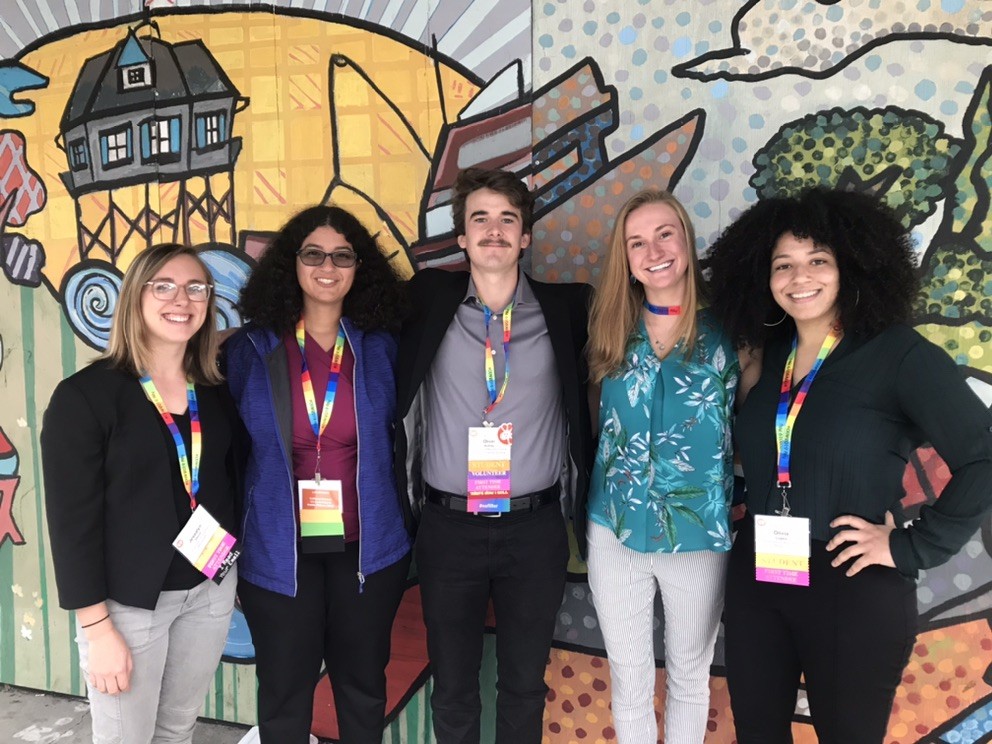Eight students will be presenting the summer work at the Ocean Sciences Meeting in March 2022!
John Matkowski, Coastal Carolina University
Class Year:
2000Mentor:
Christopher Rowe, Ph.D.Project Title:
Investigation of the Effects of Contaminated Sediments on Three Species of Estuarine Macro-Invertebrates
Abstract:
The accumulation of contaminants within the sediments of the Baltimore Harbor region has led to concern for their possible impact on aquatic ecosystems. In order to determine possible effects of contaminated sediment on three, co-occurring, indigenous species in the Chesapeake Bay we used 28d and 14d exposure tests. The three species studied were the benthic crustaceans, Palaemonetes pugio, Leptocheirus plumulosus, and Gammarus mucronatus. P. pugio and G. mucronatus were used in both 28d and 14d exposure tests, whereas L. plumulosus was only used in a 28d test. Organisms were exposed to diluted volumes of sediment from Colgate Creek (CC), a tributary in Baltimore Harbor. Contaminated sediments were mixed with the control substrate from Fishing Bay (FB) to make 25% CC and 50% CC concentrations. Reference sediments remained 100% FB. The responses of organisms, following the 28d and 14d exposures, were measured by quantifying changes in individual mass, mean reproduction, mean proportion survived, and standard metabolic rate for organisms in each of the three sediment treatments. The contaminated sediments showed no significant effects in measured response variables for P. pugio or L. plumulosus. Mean reproduction for G. mucronatus was significantly higher in the control sediments (FB) than in the contaminated sediments (CC). Standard metabolic rate values showed not significant differences between treatments implying that energy allocation for production was not altered. Effects on reproduction may have thus derived from mechanisms other than contaminant-driven energetic constraints. 14d exposures yielded similar survivorship results to that of the 28d exposure.



